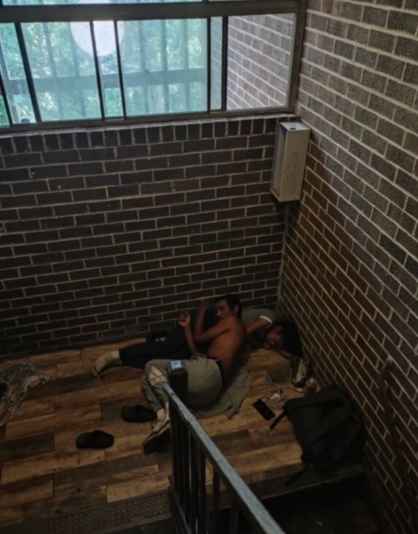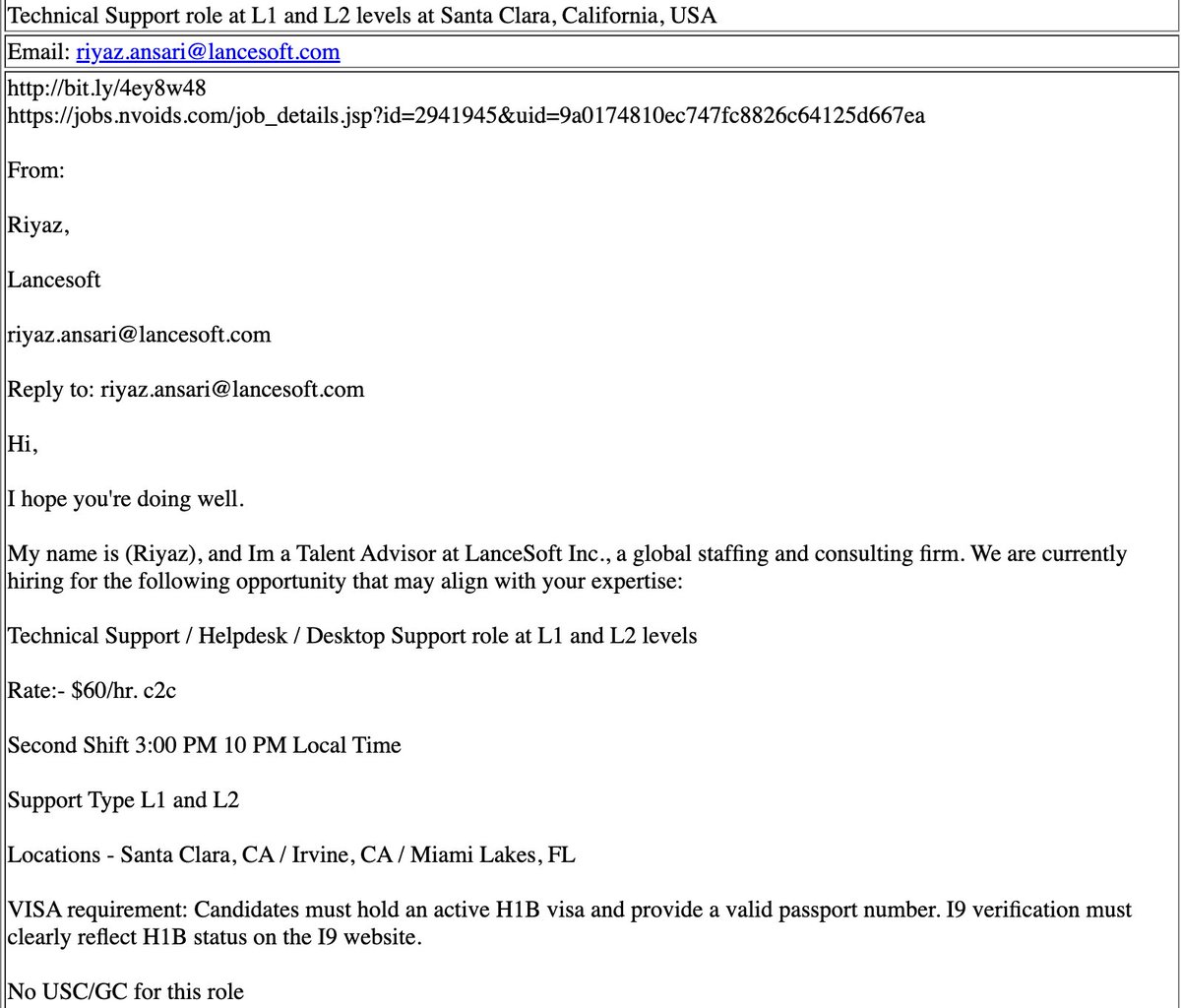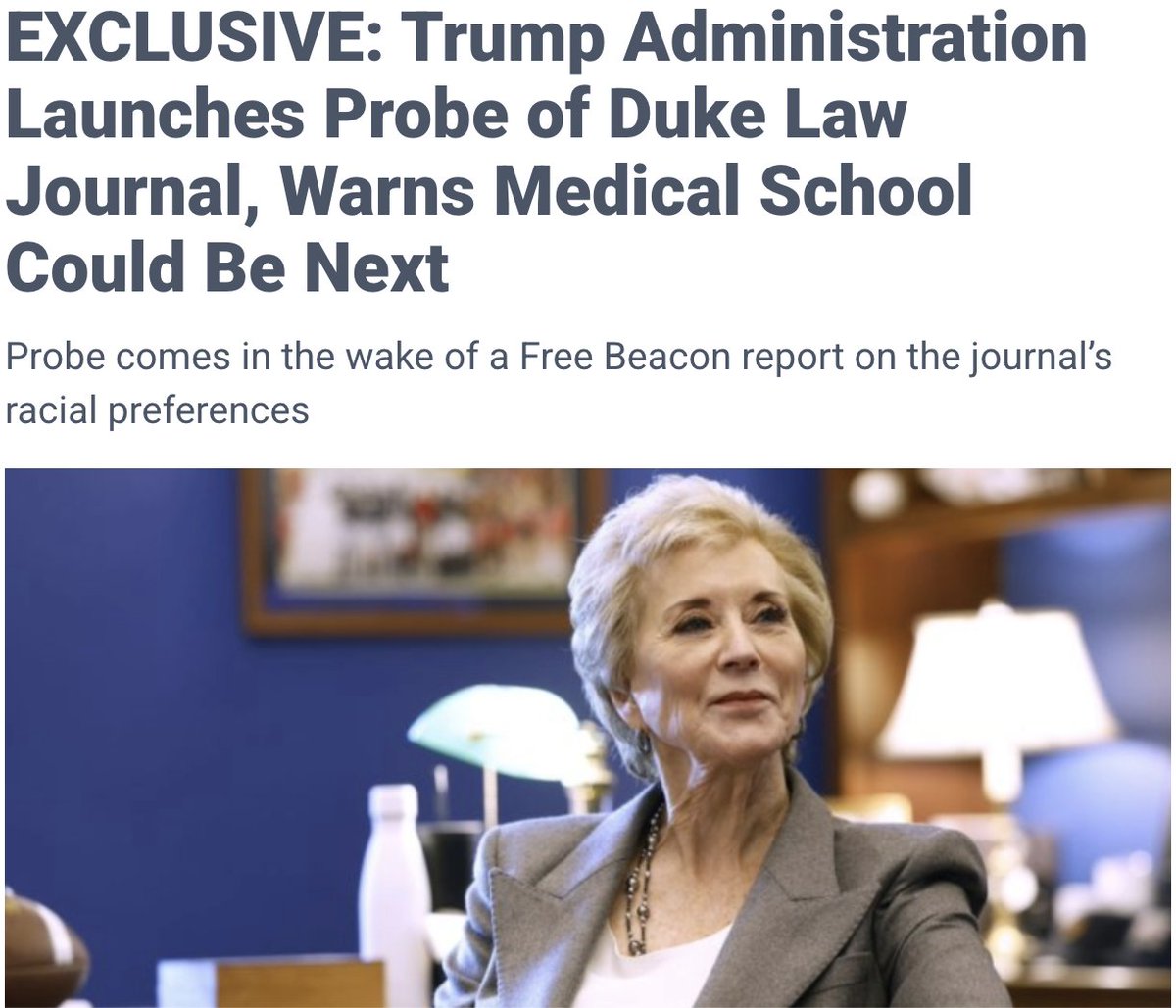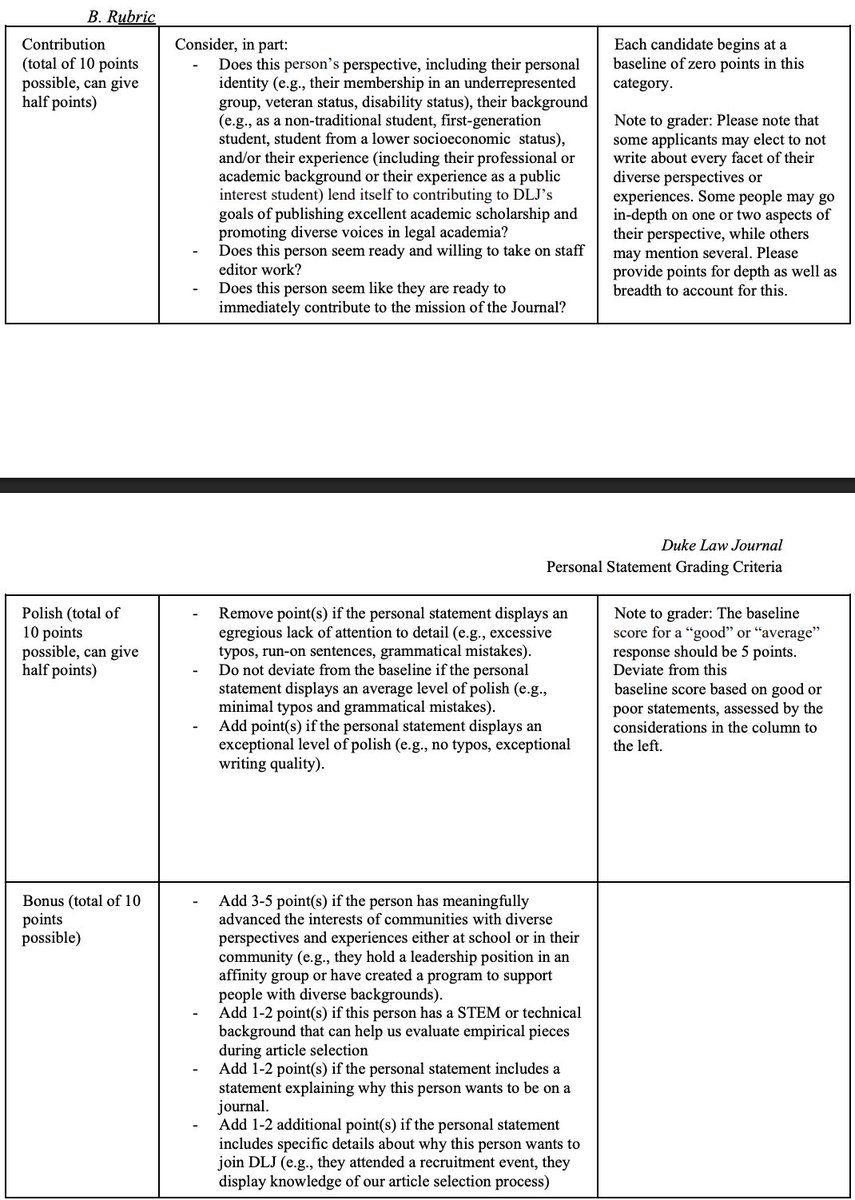BREAKING: The NYT confirms it was the plagiarism, not the hearing, that ultimately did Gay in.
The board was with her until Dec. 19, when Harvard received a complaint—first reported by the Free Beacon—outlining over 40 examples of plagiarism.
She agreed to resign on Dec. 27, before the Jan. 1 complaint that detailed six additional allegations.
nytimes.com/2024/01/06/bus…
The board was with her until Dec. 19, when Harvard received a complaint—first reported by the Free Beacon—outlining over 40 examples of plagiarism.
She agreed to resign on Dec. 27, before the Jan. 1 complaint that detailed six additional allegations.
nytimes.com/2024/01/06/bus…
What changed? It wasn’t just that Harvard got more evidence of plagiarism. It was also that the scions on the Harvard board returned to the Real World™️—Aspen, Miami, probably Palm Beach—over the holidays, only to learn that their fellow elites had lost faith in Gay. 

The NYT report confirms @MarcNovicoff’s main thesis in the Washington Monthly: “what led to the demise of the first Black president of Harvard was that she had become an embarrassment among people whom the Harvard Corporation respects.”
washingtonmonthly.com/2024/01/05/no-…
washingtonmonthly.com/2024/01/05/no-…
• • •
Missing some Tweet in this thread? You can try to
force a refresh





















